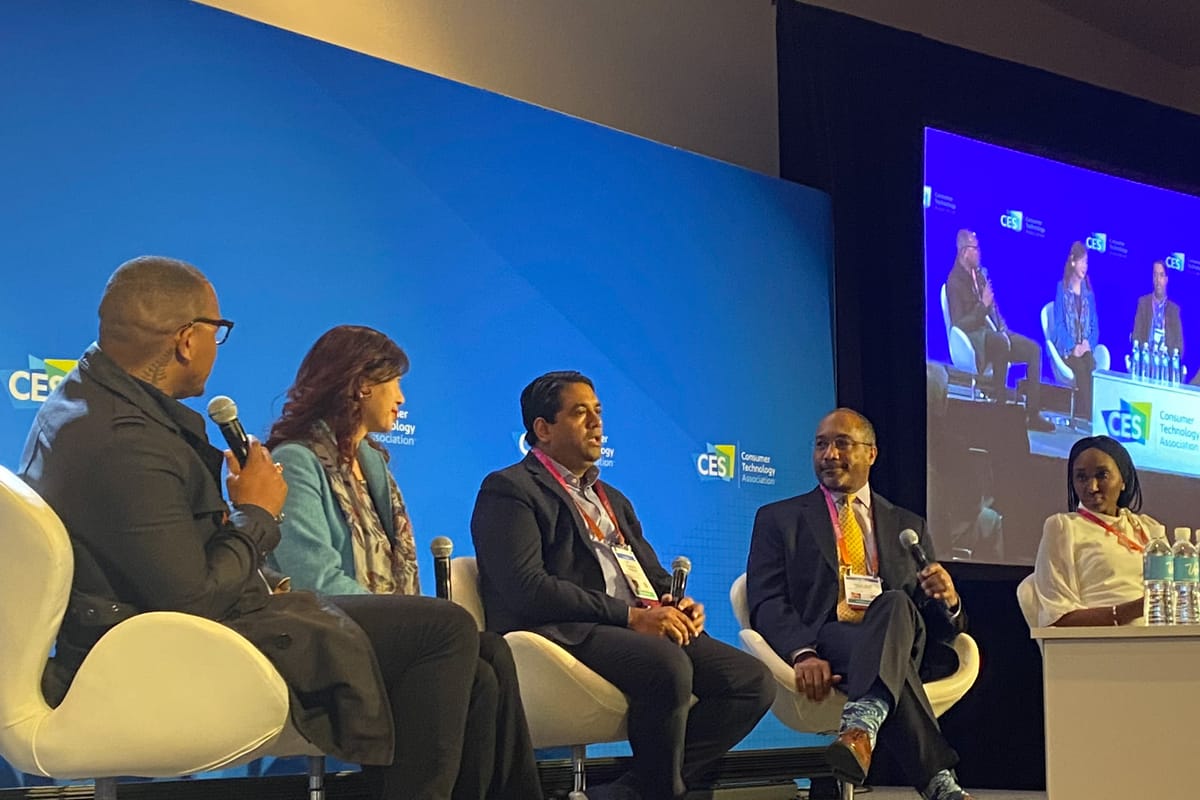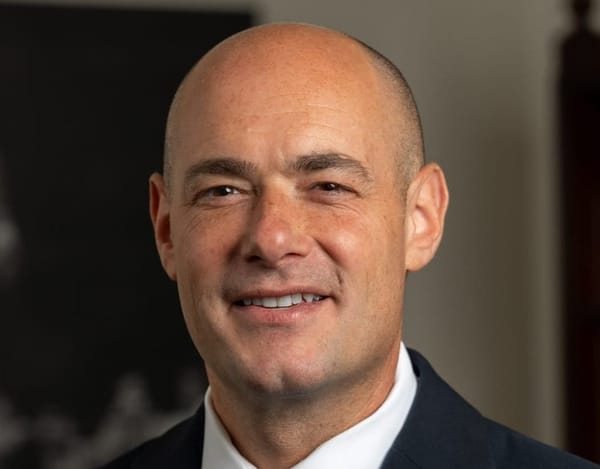CES 2023: Robust Cybersecurity Necessary as Connectivity Grows
The onus of securing devices shouldn’t fall to the consumer, a Homeland Security cyber rep said.
David B. McGarry

LAS VEGAS, January 5, 2022 – As connectivity becomes central to ever more facets of life, cybersecurity standards must evolve to protect consumers devices “by design” and “by default,” said Billy Bob Brown, Jr., executive assistant director for emergency communications at Homeland Security’s Cybersecurity and Infrastructure Security Agency.
The onus of securing devices shouldn’t fall to the consumer, Brown argued Thursday at the Consumer Electronics Show 2023. Industry experts say cybersecurity begins in hardware production – from the microchip level up – as well as software coding. And by pre-configuring devices to protect the user, Brown said, manufacturers can create a still higher degree of protection.
Brown spoke on a panel at which speakers discussed various new ways connectivity can improve life and business in various sectors. Veneeth Iyengar, broadband director of Louisiana, said he is working to make his state attractive to “disruptive” technologies that will benefit industries such as precision agriculture. Once broadband has been made accessible to all Louisianans, Iyengar said the next step is to consider how to “make broadband as an asset platform an enabler to drive Louisiana’s economy, making it even more inclusive.”
Beside precision agriculture and other business technologies, Internet of Things consumer devices – such as smart light bulbs, home security systems, and smart thermostats – are rapidly gaining in popularity. Panelists at an American Enterprise Institute event in November raised concerns that insecure IoT technology could provide to hackers an easy entry to networks.
To ensure the security of consumer devices, Federal Communications Commission Commissioner Nathan Simington in December proposed requiring manufacturers to provide as-needed security updates to their devices for a set period of time.








Member discussion